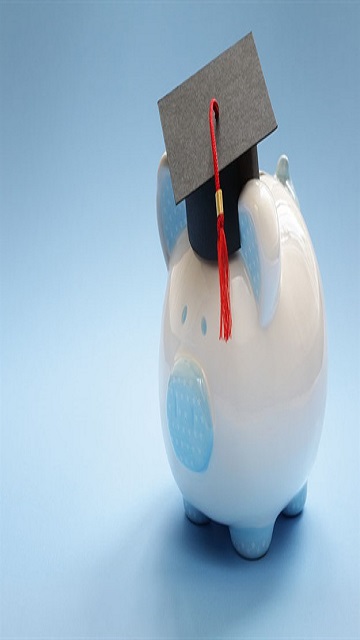
Thousands of prospective university students' funding applications have been turned down by the National Student Financial Aid Scheme (NSFAS) for the 2017 academic year.
The NSFAS said on Thursday that 9,976 had been turned down because they did not meet its eligibility criteria. The unsuccessful applicants now have to lodge appeals motivating why they should be funded.
However, funding applications are closed.
The NSFAS is the main source of funding for needy students. It received 233,470 applications at the end of 2016, from which it has made offers to 175,348 students.
Funding has been prioritised for first-year students. Returning students got funding if they were part of the scheme in 2016, satisfied the 50% module pass requirement for the 2016 academic year and signed their agreement forms in 2016.
NSFAS spokesman Kagisho Mamabolo said maximum funding per student was R76,000 but costs for each student would be submitted by universities once 2017 registration closed.
These included costs for accommodation, tuition, meals (if catered for by the university), books and devices required for specific modules.
The NSFAS expects the number of funded students to increase because some universities are still completing 2016's examinations, which were delayed because of #FeesMustFall protests at the end of 2016.
Mamabolo said the University of SA, Tshwane University of Technology and the University of Johannesburg were the top three funded institutions. "This is because of their big student numbers,"? he said.
The University of KwaZuluNatal, Walter Sisulu University and the University of Limpopo were also among the most funded universities.
This had been the trend in the past few academic years and Mamabolo said the NSFAS did not expect things to be any different in 2017.
"We will have official confirmation at the end of the applications, registrations and funding process,"? he said.
The NSFAS said in January that it had paid R1.3bn to the country's 26 universities for student registrations.
Although some universities announced an 8% fee increase for 2017, students who are on the NSFAS were exempt from this and from paying registration fees. The government offset the increase through a grant.
Universities opened up their doors for registration this week with little disruption.
Department of Higher Education and Training spokesman Madikwe Mabotha said it had made attempts to engage stakeholders to eliminate the challenges experienced in previous years, including historical debt.
Mabotha said digitisation had helped to save time and money, reducing student frustration.
Source: Business Day
